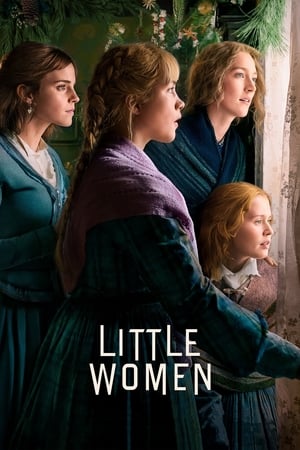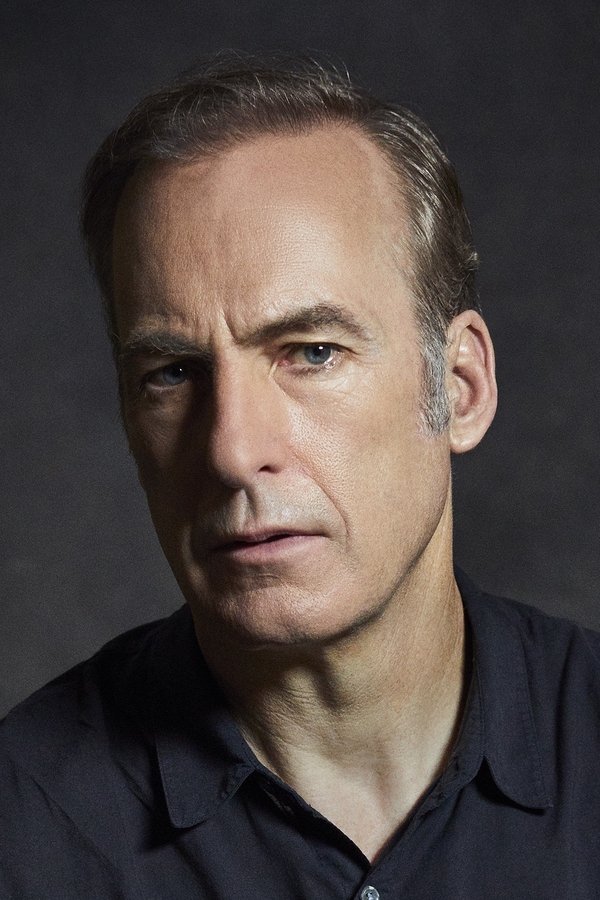The Mystery of Marilyn Monroe: The Unheard Tapes... It's All Been Heard Before
The film basically says she was a lost cause from the start. We don't get a sense of who Marilyn was.
Incluvie Foundation Gala - Learn More





Barbie has been the subject of much speculation, hatred, and heartfelt appreciation during the weeks that followed its release. The Internet seems to be still talking about it just as much as it was a month ago. It tells the story of how Stereotypical Barbie (Margot Robbie) starts experiencing human feelings and bodily flaws. Weird Barbie (Kate McKinnon) surmises that this is possibly due to the human playing with her doll in the real world having complicated and sad thoughts. So Stereotypical Barbie goes to the real world in order to help the child who’s playing with her so that she might go back to being plastic and perfect. Ken (Ryan Gosling) accompanies her and this has dire consequences when he returns to Barbieland before Barbie. While Ken discovers patriarchy and goes back home, Barbie is appalled by it and meets her kid, Sasha (Ariana Greenblatt), with hopes of finding some answers.
Barbies of Barbieland imagine their feminist history actually solved the issue of gender politics in the Real World. Sasha tells her about Barbie’s complicated past with body images and Capitalism but rather harshly. Sad and lost, Barbie goes to Mattel in order to complain and there she meets Sasha’s mother Gloria (America Ferrera). Turns out, it’s Gloria’s thoughts that have been haunting Barbie, and not Sasha’s. To provide them comfort, Barbie takes them with her to Barbieland, only to discover that Ken has taken over the land and established a patriarchy. The journey of taking back Barbieland from the Kens has been lauded by many for its take on feminism and femininity and how it celebrates womanhood and sisterhood. But it has been subject to its fair share of criticism as well. Some of it is from disgruntled men like Ben Shapiro who aren’t happy a film with a powerful, albeit confused, feminist message is so popular, but some of it definitely has merit.
“Anti-Men”
By far the most ridiculous criticism of the film claims that it openly despises men. This was primarily men taking to social media in the first few days of the release of Barbie. It was a reactionary stance to take, a response to the women flocking to social media to laud the film for making them feel seen and heard. Piers Morgan (see below) was, not unexpectedly, a spokesperson for this group of men, and there are multiple discrepancies in his criticism of the film. Then there was Ben Shapiro who bought and accessorized Barbie dolls before posing them in their car and doing a photoshoot, which he followed up by burning them. This kind of pettiness doesn’t deserve a space in serious film criticism, but it’s an interesting aspect to study. The film’s ending, although a little complicated and oversimplified at the same time, tries to make a point about toxic masculinity and how having to put up a performance of strength makes the patriarchy detrimental for men as well. So it’s effectively anti-patriarchy and not anti-men, but the aforementioned men and their fans are blissfully blind to this message. Is it because the messaging is too subtle or because a female-led film being so successful challenges their already fragile sense of masculinity and their ego?
Apart from the fact that they’re both brilliant American screenwriters and directors, Christopher Nolan and Greta Gerwig don’t have much in common. Their filmographies couldn’t be more different. The Inception director is known for making intellectually intriguing large-scale films which tell expansive stories about enigmatic characters and often present like a puzzle for the viewer to solve. On the other hand, the Little Women director is known for making tender slice-of-life movies focused on one or a few ordinary people which explore the emotional and philosophical implications of patriarchy and the human condition itself. Not just that, their two latest films, Barbie and Oppenheimer are films about the world’s most famous doll and the world’s most famous weapon of mass destruction respectively. So, yes, on the face of it, the entire phenomenon of ‘Barbenheimer’, this joint hype for the two films because they’re releasing on the same day, is just a meme and an example of people getting lost in the sensationalism that comes with the growth of pop culture.
It works brilliantly as a marketing strategy for both films, representing our obsession with paradoxes and filmgoers’ love for claiming favourites amongst films. It also does something which neither film could have hoped to do alone – unite two seemingly disparate groups of filmgoers. A Greta Gerwig film draws a crowd of Indie film lovers and a large percentage of the viewers are women. Similarly, a Christopher Nolan film draws a crowd of people who enjoy large-scale intellectual exercises and is often majority male. Please note that these are gross generalizations and it’s entirely possible that there were theaters packed with men who watched Little Women or women who watched Interstellar. Nonetheless, these are representative statistics, and thanks to ‘Barbenheimer’ the two crowds crossed paths. But instead of waging war over which film is better and jeering at each other, they mostly decided to join hands and go see both!

Four sisters come of age in America in the aftermath of the Civil War.

Greta Gerwig
Director

Greta Gerwig
Director

Saoirse Ronan
Jo March

Emma Watson
Meg March

Florence Pugh
Amy March

Eliza Scanlen
Beth March

Laura Dern
Marmee March

Timothée Chalamet
Laurie

Tracy Letts
Mr. Dashwood

Bob Odenkirk
Father March

James Norton
John Brooke

Louis Garrel
Friedrich Bhaer

Jayne Houdyshell
Hannah
The film basically says she was a lost cause from the start. We don't get a sense of who Marilyn was.
This is a Spanish-speaking short film that contains English subtitles. The short film is produced in the United States.
Bollywood's thrilling fusion of what the blind man saw and the boy who cried wolf.



